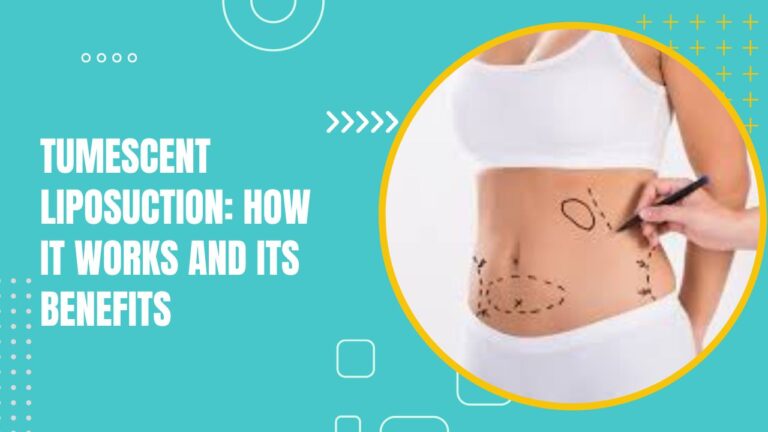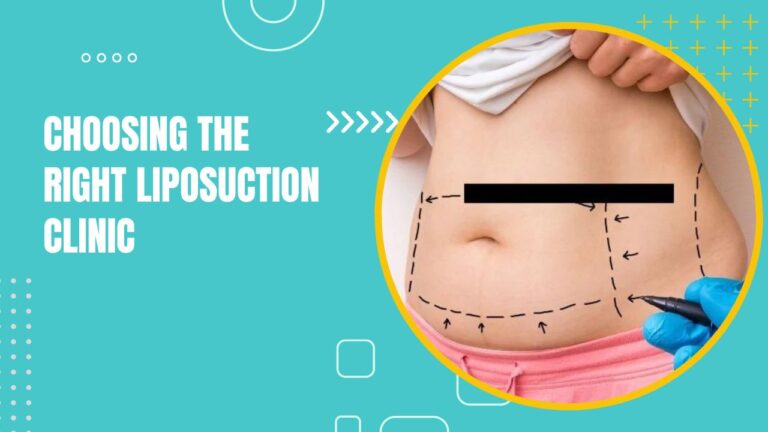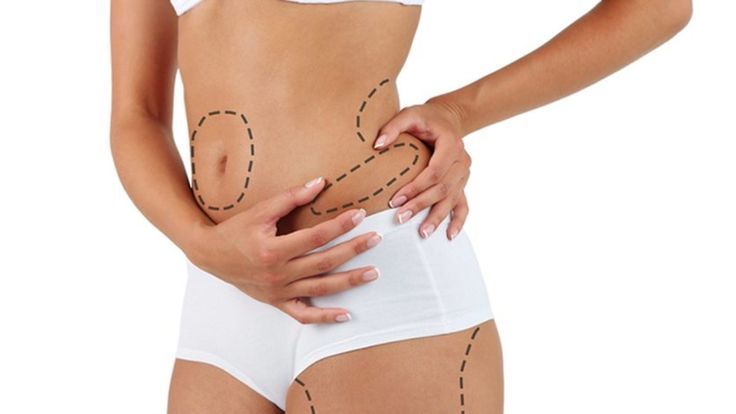Introduction
Liposuction is a popular cosmetic procedure designed to remove unwanted fat from specific body areas, enhancing one’s physical appearance. However, beyond the immediate visual changes, it’s crucial to understand how this surgery might affect your body’s metabolism. This article delves into the metabolic implications of liposuction, offering expert insights from Dr. Tarek.
Dubai’S Premier Liposuction is a top-rated service in dubai that helps people remove extra fat from their bodies. it’s like a magic trick that makes unwanted fat disappear!
How Does Liposuction Affect Metabolism?
Metabolism is the complex network of biochemical processes that convert food into energy. It plays a vital role in maintaining bodily functions and supporting life.
The Immediate Metabolic Response to Liposuction
- The body initially reacts to liposuction by mobilizing energy to heal.
- There may be a temporary increase in metabolic rate post-surgery.
Immediate Metabolic Changes
- Increased energy demand for tissue repair
- Possible short-term elevation in resting metabolic rate
The Science Behind Liposuction and Metabolic Rate
Liposuction removes fat cells, which are metabolically active. This can lead to changes in how the body processes energy.
The Body’s Adaptation to Changes in Fat Stores
- The body may adjust its energy balance following fat removal.
- Metabolic rate could potentially decrease as the body stabilizes.
Adaptation Mechanisms
- Alteration in hormone levels affecting metabolism
- Possible reduction in energy expenditure
Long-Term Metabolic Effects of Liposuction
The long-term metabolic impact of liposuction is a subject of ongoing research.
Book A Consultation With Dr Tarek Bayazid
Top-rated Plastic Surgeon For Liposuction in Dubai
Installment Plan Available
How Liposuction Might Affect Energy Expenditure Over Time
- Some studies suggest a compensatory mechanism may increase fat deposition in untreated areas.
- Metabolic rate adjustments could occur to maintain energy homeostasis.
Long-Term Metabolic Observations
- Varied responses in resting metabolic rate
- Changes in body composition and fat distribution
Liposuction’s Impact on Weight Management 
Liposuction is not a weight-loss solution but can contour the body by removing fat cells.
Can Liposuction Lead to Better Weight Maintenance?
- Liposuction may motivate some individuals to maintain a healthier lifestyle.
- It does not directly affect the body’s ability to gain or lose weight.
Weight Management Post-Liposuction
- Importance of lifestyle choices in weight control
- No guarantee of permanent weight loss without proper diet and exercise
Nutritional Considerations After Liposuction
Post-surgery nutrition is critical for recovery and maintaining metabolic health.
Recommended Dietary Adjustments for Optimal Recovery
- Balanced diet to support healing and metabolism
- Adequate protein intake for tissue repair
Post-Liposuction Diet Tips
- Focus on whole foods rich in nutrients
- Avoid excessive caloric intake to prevent fat reaccumulation
Exercise and Metabolic Health Post-Liposuction 
Physical activity is essential for supporting metabolism and overall health after liposuction.
Tailored Exercise Regimens by Dr. Tarek for Liposuction Patients
- Customized plans to suit individual recovery and fitness levels
- Gradual reintroduction of exercise to avoid strain on healing tissues
Exercise Recommendations
- Incorporate both cardiovascular and strength training
- Start with low-impact activities and progressively increase intensity
Hormonal Changes and Liposuction
Fat cells produce hormones, and their removal can affect hormonal balance.
Strategies to Manage Potential Hormonal Shifts
- Monitoring hormone levels post-surgery
- Consulting with an endocrinologist if necessary
Hormonal Considerations
- Awareness of changes in appetite or weight
- Possible adjustments in thyroid or sex hormone levels
Liposuction and Its Psychological Effects on Health Behaviors
The psychological impact of liposuction can influence a patient’s approach to health and wellness.
Encouraging Positive Health Behaviors for Metabolic Benefits
- Enhanced body image may lead to increased motivation for healthy living.
- Support from mental health professionals can be beneficial.
Psychological and Behavioral Impacts
- Improved self-esteem and body confidence
- Potential for more consistent engagement in health-promoting activities
Patient Stories: Metabolic Changes After Liposuction
Dr. Tarek’s patients share their experiences with metabolic changes post-liposuction.
How Individual Metabolism Responded to the Procedure
- Varied responses with some reporting increased energy levels
- Others noticed no significant change in metabolism
Patient Experiences
- Personal accounts of recovery and metabolic adjustments
- Insights into the long-term maintenance of results
FAQs: Understanding Metabolism and Liposuction
How does liposuction affect metabolism in the long term?
Liposuction may lead to subtle changes in metabolism, but individual experiences vary. It’s essential to maintain a healthy lifestyle for lasting effects. Liposuction: A Secure Procedure? is a process where doctors safely remove extra fat from your body. It’s like a vacuum cleaning up unwanted fat! “Liposuction Lift Expenses” are the costs you have to pay when you get a surgery to remove extra fat from your body. It can be quite expensive, depending on where you live and the doctor you choose.
Thigh fat reduction means doing exercises and eating healthy to make your thighs slimmer and stronger. Liposuction transformation photos show how people’s bodies look before and after they have fat removed through surgery. Pre and post laser lipo , you need to follow your doctor’s advice to get the best results and heal quickly.
Lipo treatment changes mean that doctors now use new and better ways to remove fat from your body, making it safer and more effective. Injection weight loss uses special shots to help people lose weight These shots can make you feel less hungry and burn more fat
Are there any metabolic risks associated with liposuction?
While generally safe, liposuction can cause temporary metabolic fluctuations. Consult with a healthcare provider for personalized risk assessment.
How can I optimize my metabolism after liposuction?
Focus on a balanced diet, regular exercise, and monitor any hormonal changes. Seek professional advice for a tailored plan.
Conclusion
Liposuction can have various effects on metabolism, ranging from immediate to long-term changes. It’s important to approach this procedure with realistic expectations and a commitment to maintaining metabolic health through lifestyle choices.








